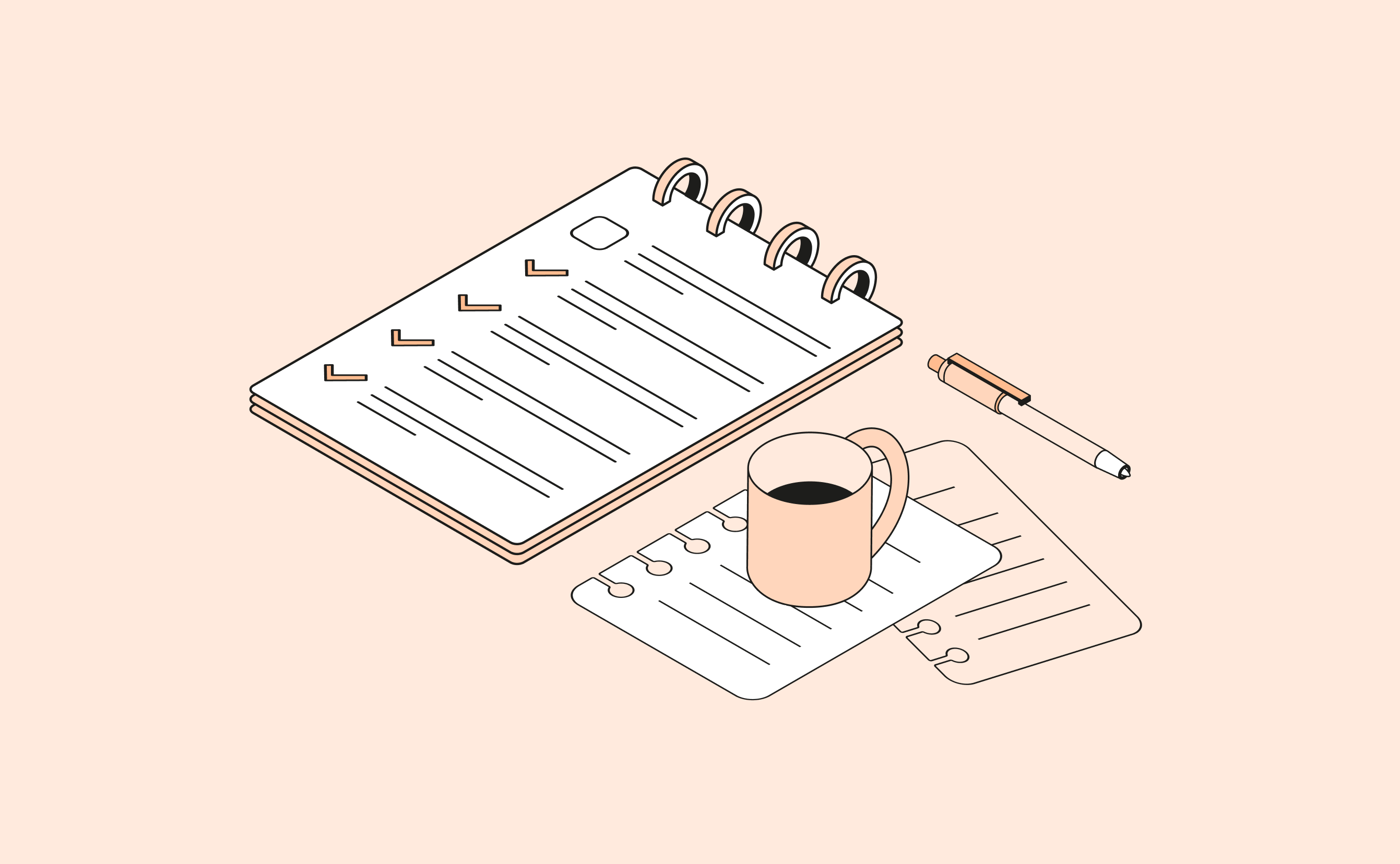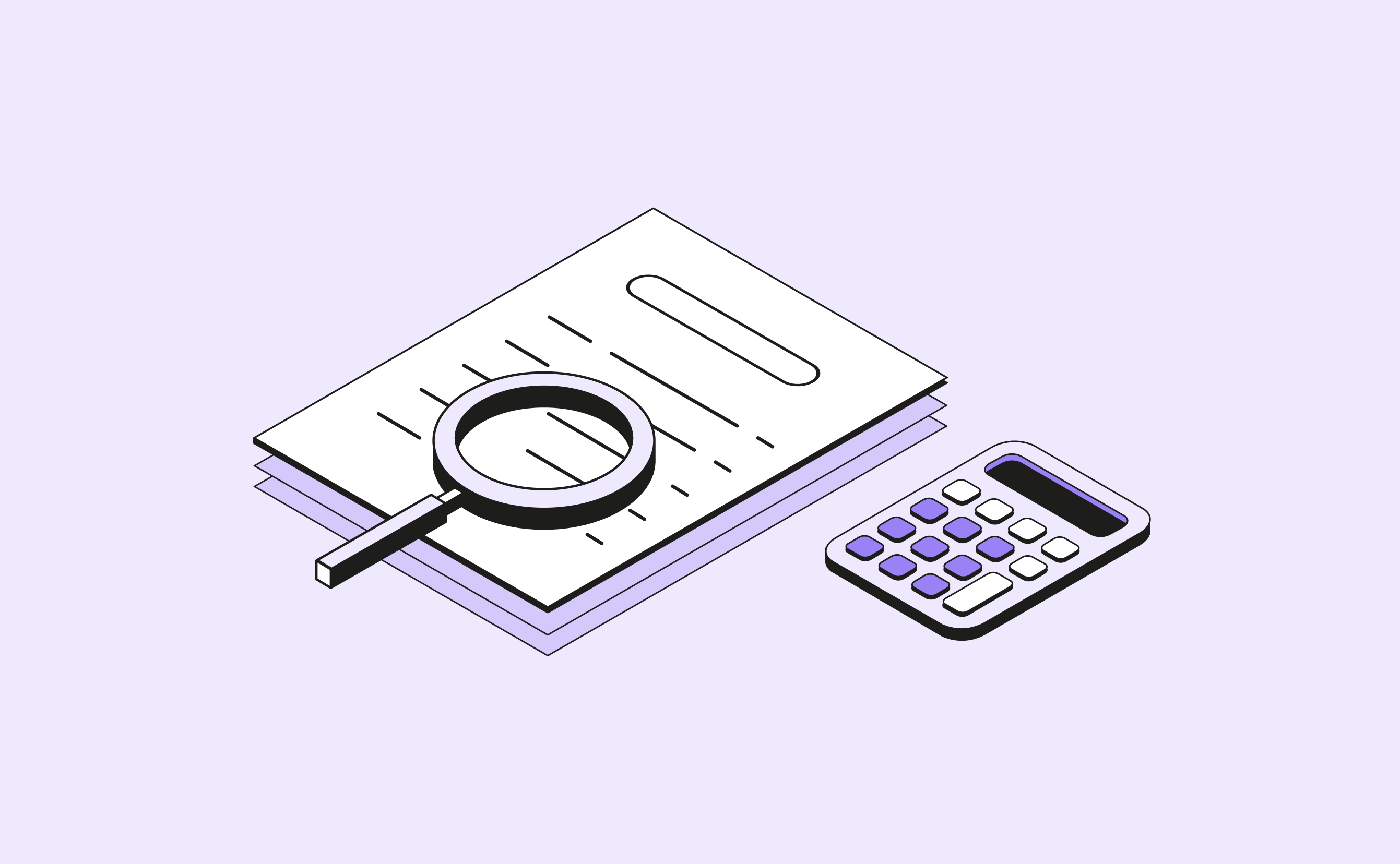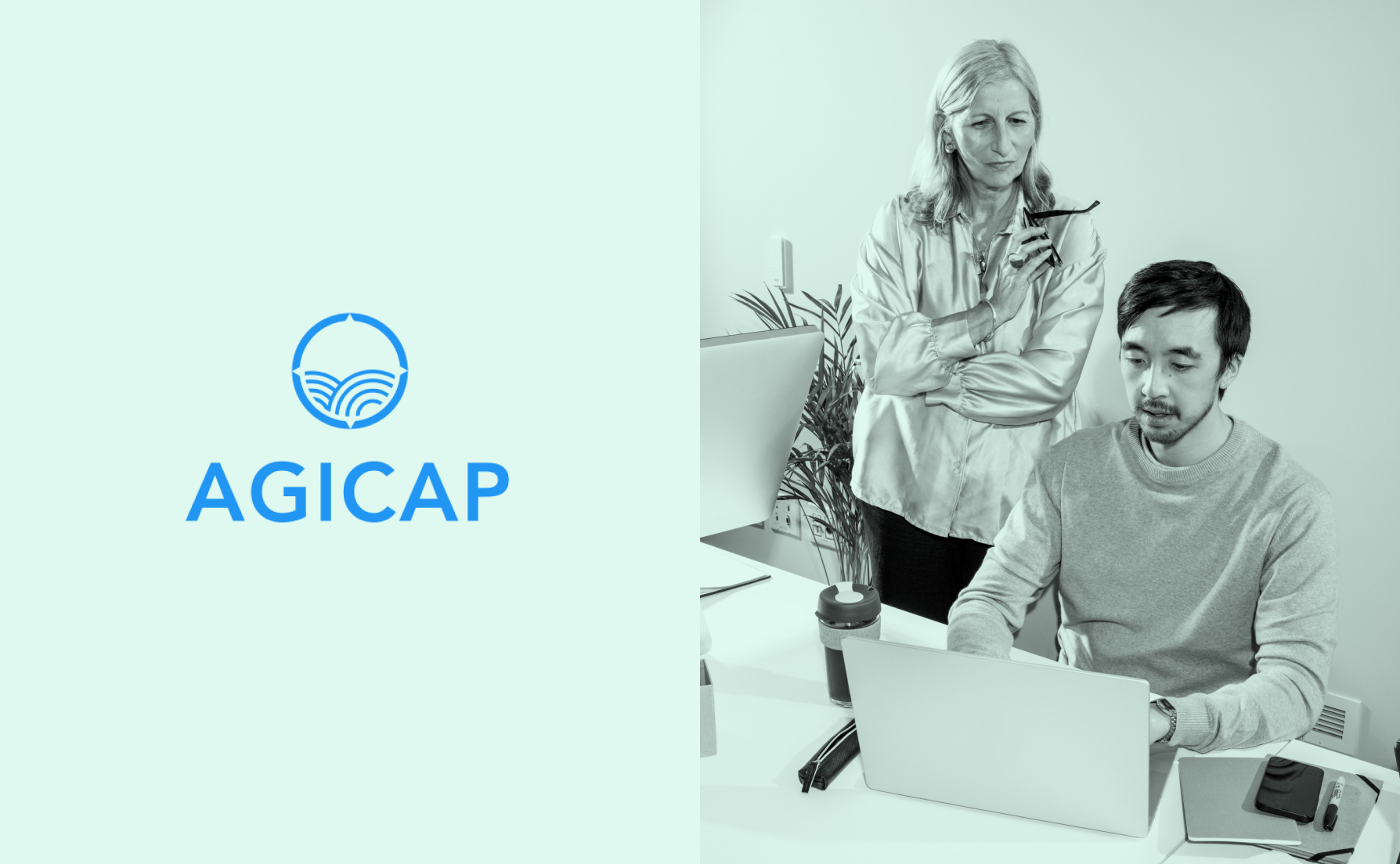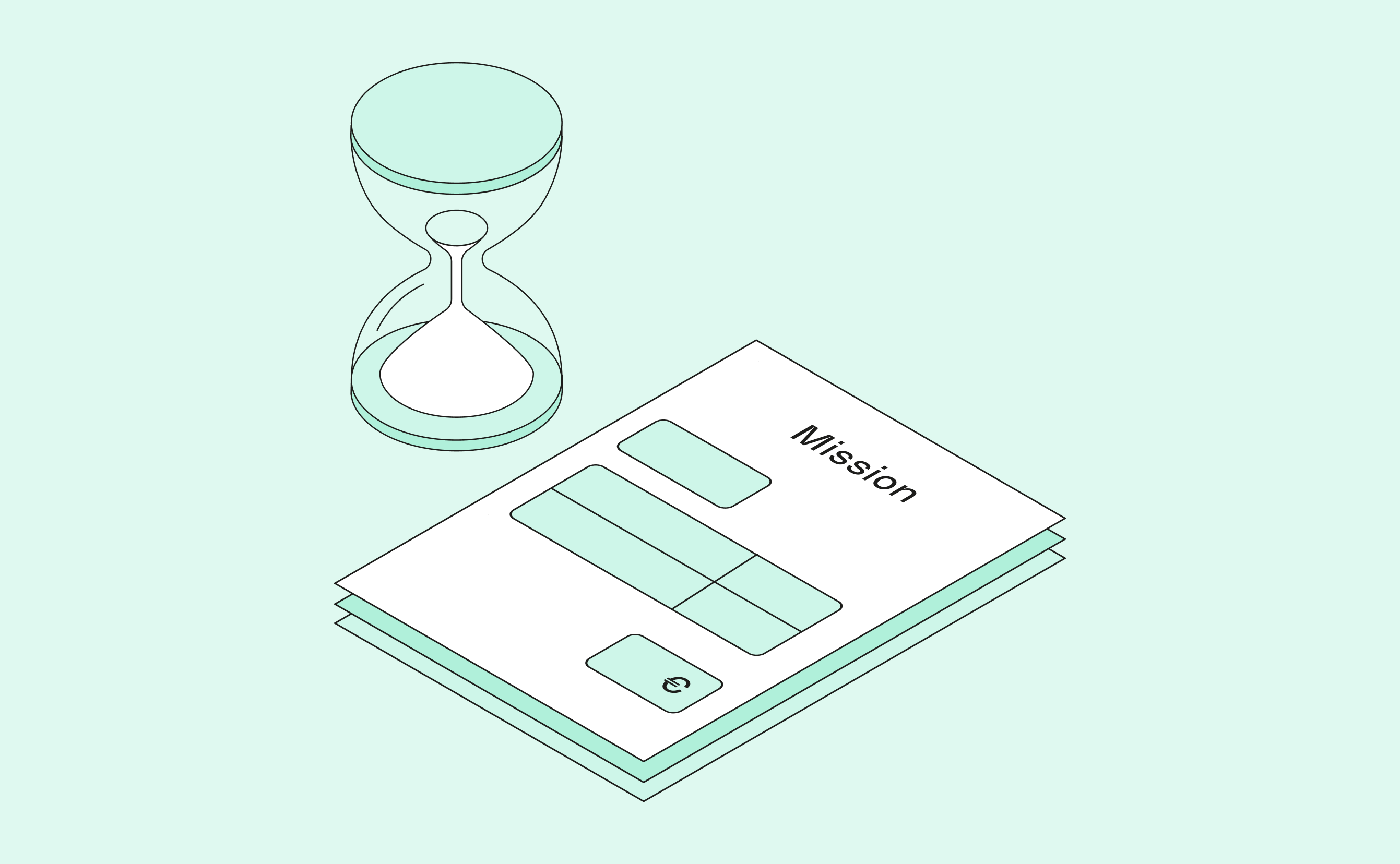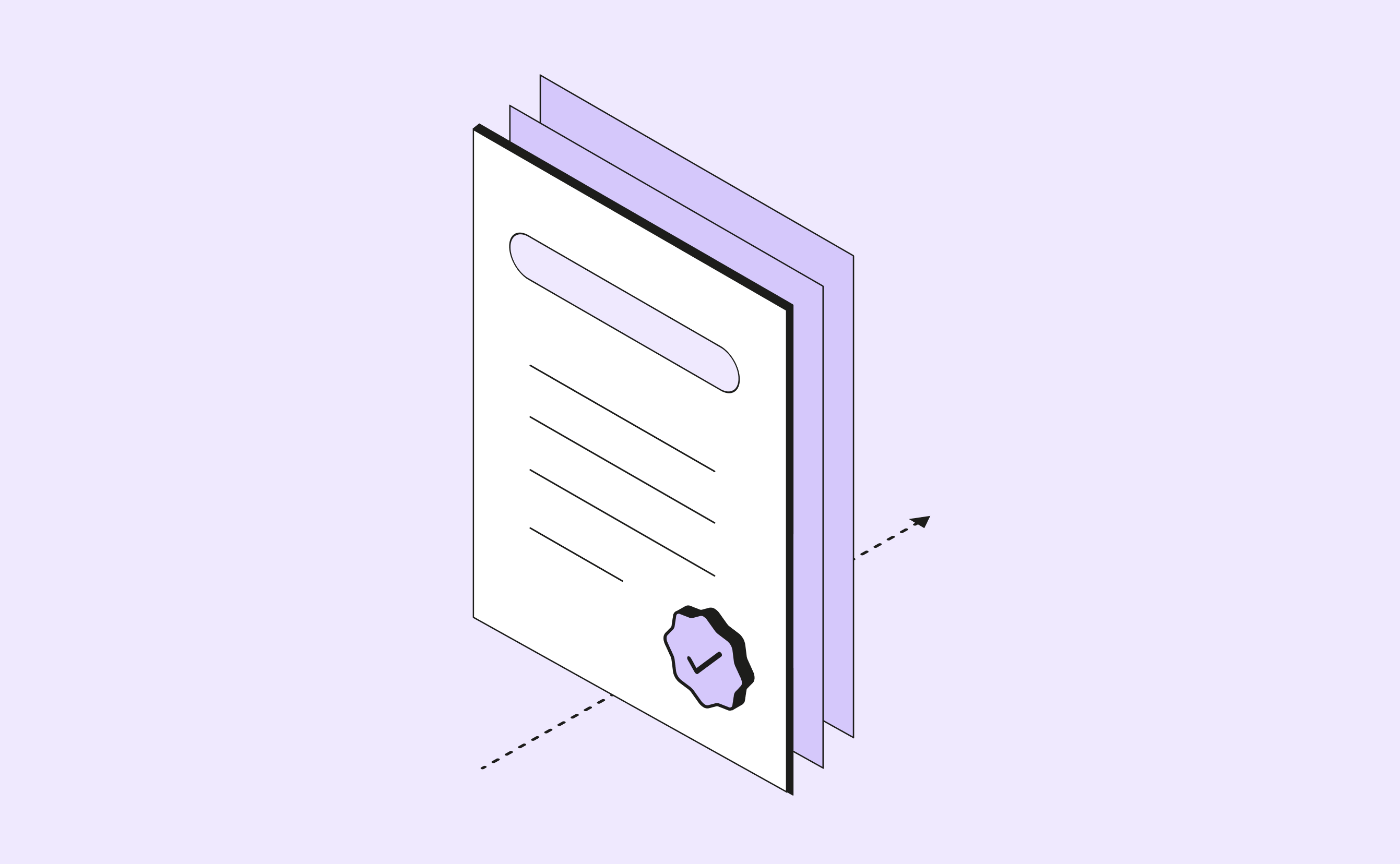The “controlled declaration” regime concerns all freelancers who don’t have micro-entrepreneur status. Here, the accounting obligations are slightly more complex. But still, they’re manageable. Let’s look at what this group of freelance workers needs to do with their books.
1. Keeping up-to-date Revenue Ledger and Purchase Log
Just like their micro-entrepreneur counterparts, freelancers under the controlled declaration regime must keep an updated Revenue Ledger. However, in this case the Purchase Log is not optional, but rather a legal obligation.
The mandatory information to be included in these documents is identical to that mentioned above for micro-entrepreneurs.2. Keeping an up-to-date Fixed Assets and Depreciation Register (registre des immobilisations et des amortissements)
Under the controlled declaration regime, freelancers must also create and maintain a register of all fixed assets and their depreciation, known in France as le registre des immobilisations et des amortissements.
A fixed asset (une immobilisation) refers to something of value such as a car or property that the business owner possesses and uses for work. In the case of freelancers, it might also be machinery or a computer.
Depreciation (amortissement) means the loss in value of this asset as it becomes used over time.
Let’s use an example to illustrate.
Imagine you’re a freelance photographer and that you’ve just bought a brand new camera to use for work. In accounting-speak, this is an asset: something you’ll use again and again to do your job. You paid €1,000 for the camera on the day you purchased it. Two years later, you’re still happy with your camera but even if you’ve taken the greatest of care of it, it’s no longer new and will have lost a little value. If you sold it online, for example, you may only get €500 for it. This loss in value is known as the asset’s depreciation.
